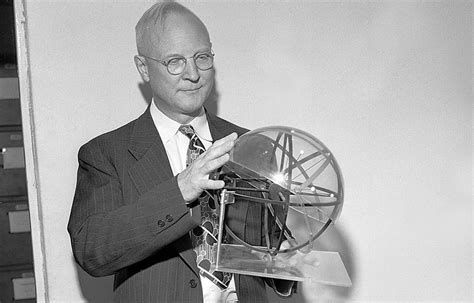A Quote by Richard K. Morgan
Evolutionary theory informs our understanding of some frankly inexcusable social behavior and renders it perfectly normal.
Related Quotes
The more evolutionary theory gets called an atheistic theory, the greater the risk that it will lose its place in public school biology courses in the United States. If the theory is thought of in this way, one should not be surprised if a judge at some point decides that teaching evolutionary theory violates the Constitutional principle of neutrality with respect to religion.
Considering that we live in an era of evolutionary everything---evolutionary biology, evolutionary medicine, evolutionary ecology, evolutionary psychology, evolutionary economics, evolutionary computing---it was surprising how rarely people thought in evolutionary terms. It was a human blind spot. We look at the world around us as a snapshot when it was really a movie, constantly changing.
Etiquette is about all of human social behavior. Behavior is regulated by law when etiquette breaks down or when the stakes are high - violations of life, limb, property and so on. Barring that, etiquette is a little social contract we make that we will restrain some of our more provocative impulses in return for living more or less harmoniously in a community.
Psychology should be the chief basic science upon which the practices of education depend. It should have supplied education with the information it needs concerning the processes of understanding, learning, and thinking, among other things. One of the difficulties has been that such theory as has been developed has been based primarily upon studies of behavior of rats and pigeons. As someone has said, some of the theory thus developed has been an insult even to the rat.
A successful unification of quantum theory and relativity would necessarily be a theory of the universe as a whole. It would tell us, as Aristotle and Newton did before, what space and time are, what the cosmos is, what things are made of, and what kind of laws those things obey. Such a theory will bring about a radical shift - a revolution - in our understanding of what nature is. It must also have wide repercussions, and will likely bring about, or contribute to, a shift in our understanding of ourselves and our relationship to the rest of the universe.


































